1. Knocking on Wood
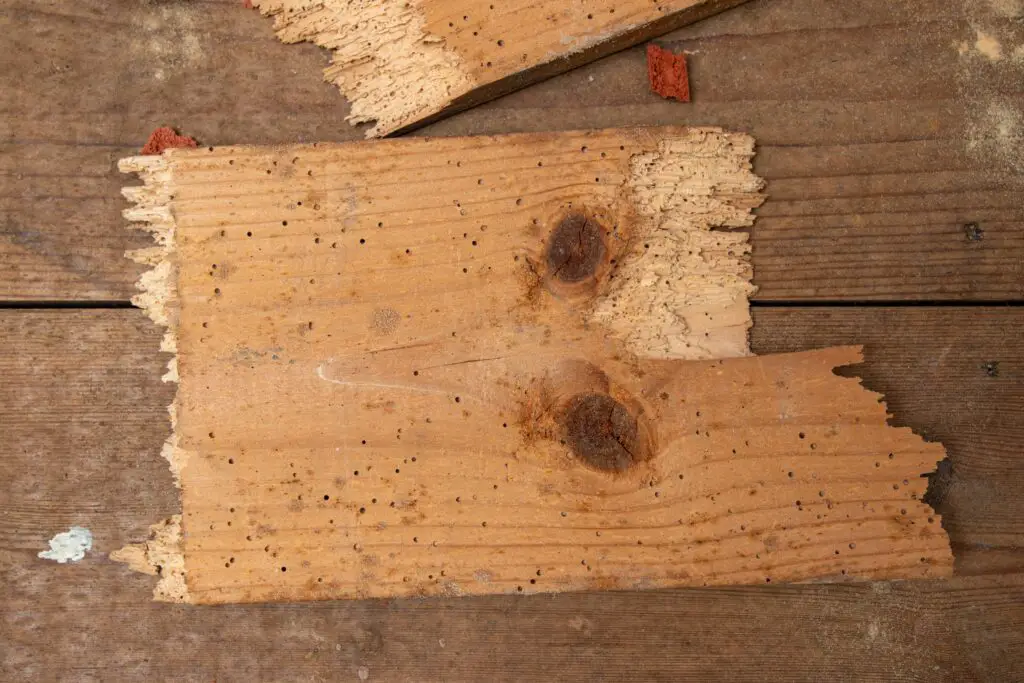
Whenever someone said something hopeful, the instinct was to tap the nearest wooden surface. It was supposed to keep bad luck from sneaking in and spoiling your plans. Even if it was the kitchen table or a doorframe, everyone in the family would give it a quick knock.
It became such a habit that we barely noticed we were doing it. Parents taught kids the ritual almost automatically, as if the universe was listening in on our conversations. It was a small act, but it gave us comfort that good fortune might stick around.
2. Spilling Salt and Throwing It Over Your Shoulder

Spilling salt was considered an invitation for bad luck to arrive. The remedy was quick—toss a pinch over your left shoulder to ward off any trouble. Supposedly, this blinded the devil lurking there, waiting for his chance.
Kitchens became little battlegrounds of superstition whenever someone knocked over the shaker. Parents would calmly remind kids to toss it, while grandparents swore it prevented quarrels. Even today, many still do it without a second thought.
3. Shoes on the Table

Setting shoes on a table was believed to bring terrible luck, sometimes even linked with death in the family. It was one of those hard and fast rules you just didn’t break. If a child dared to set new sneakers on the dinner table, they’d hear about it right away.
For some families, it was about respect for the place where meals were served. For others, the rule came with a shiver of fear that something grim might follow. Either way, shoes on the table was a line you didn’t cross.
4. Breaking a Mirror

A broken mirror wasn’t just a mess to clean up—it was said to carry seven years of bad luck. Families treated mirrors with the kind of care usually reserved for fine china. If one cracked, everyone braced for misfortune to follow.
Some tried to balance it out with tricks, like burying the pieces in moonlight or washing them away in running water. Others just hoped the curse wouldn’t stick. It added a layer of dread to something as simple as hanging a bathroom mirror.
5. Whistling Indoors

Many families believed that whistling inside would bring bad luck, or even invite financial trouble. Kids who absentmindedly whistled a tune were quickly hushed. It wasn’t that the sound was annoying—it was that it might attract trouble.
The superstition stretched back generations, sometimes tied to beliefs about calling in spirits. Whatever its roots, it made living rooms and kitchens oddly quiet. Whistling was saved for the yard or the street instead.
6. Friday the 13th
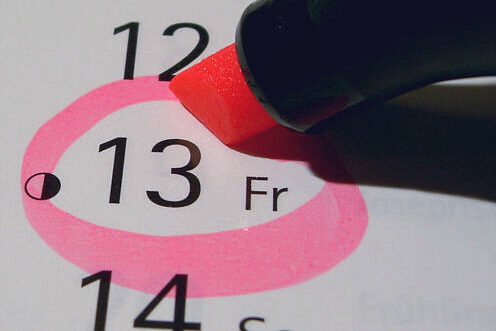
The idea that Friday the 13th was unlucky had a real hold on family life. Some parents avoided making big plans that day, just to be safe. Kids grew up hearing whispered warnings about accidents or mishaps.
Even if nothing ever happened, the date carried a heaviness. It made people second-guess simple choices like taking a trip or starting a project. For many households, the day came with its own hush of superstition.
7. Walking Under a Ladder
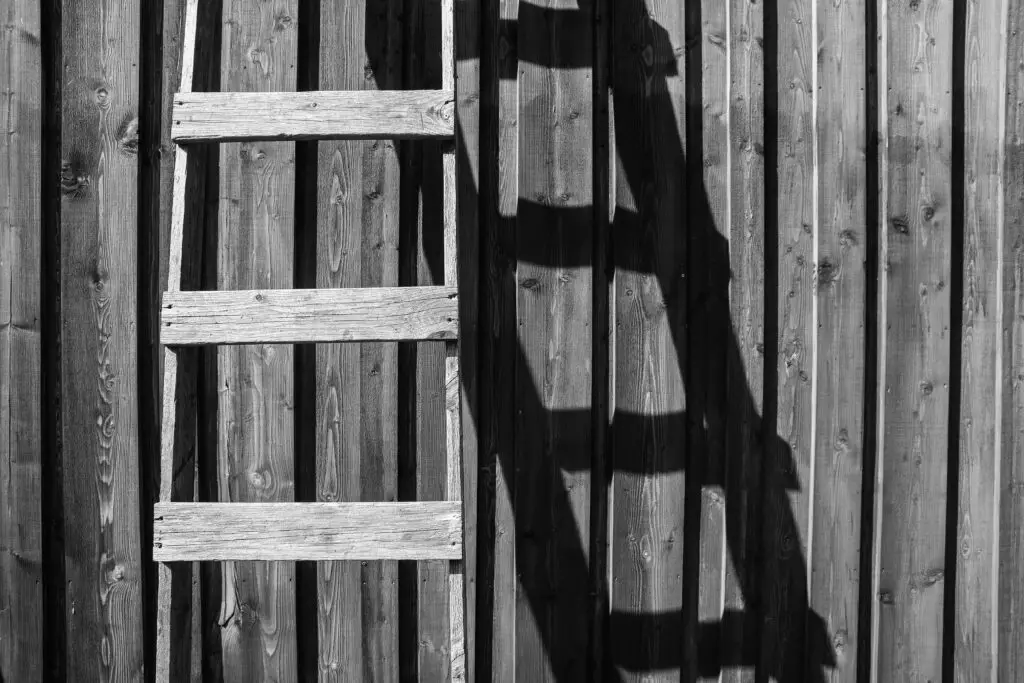
Passing under a ladder was thought to invite danger or bad luck. Families drilled it into kids to walk around instead, even if it meant stepping off the sidewalk. The reasoning was partly safety, partly superstition.
Parents framed it as common sense, but the warning carried a hint of fear. Neighbors would even call out reminders if they saw a child wander too close. It became one of those “better safe than sorry” rules everyone lived by.
8. Black Cats Crossing Your Path
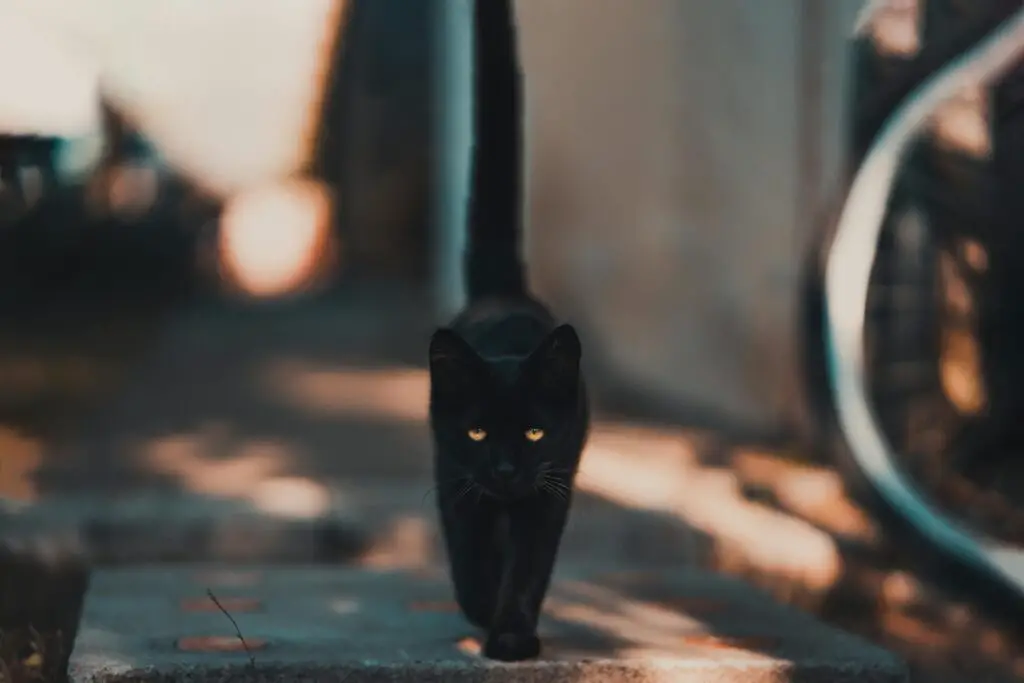
A black cat darting across the road could stop a family in its tracks. Some households turned it into a full pause—waiting until another person or car passed first. Others made a sign of the cross or muttered something under their breath.
It wasn’t about cats themselves—many people loved them. It was the timing, the direction, the feeling that fate was suddenly watching. For drivers, it was an unspoken rule to take it seriously.
9. Itchy Palms
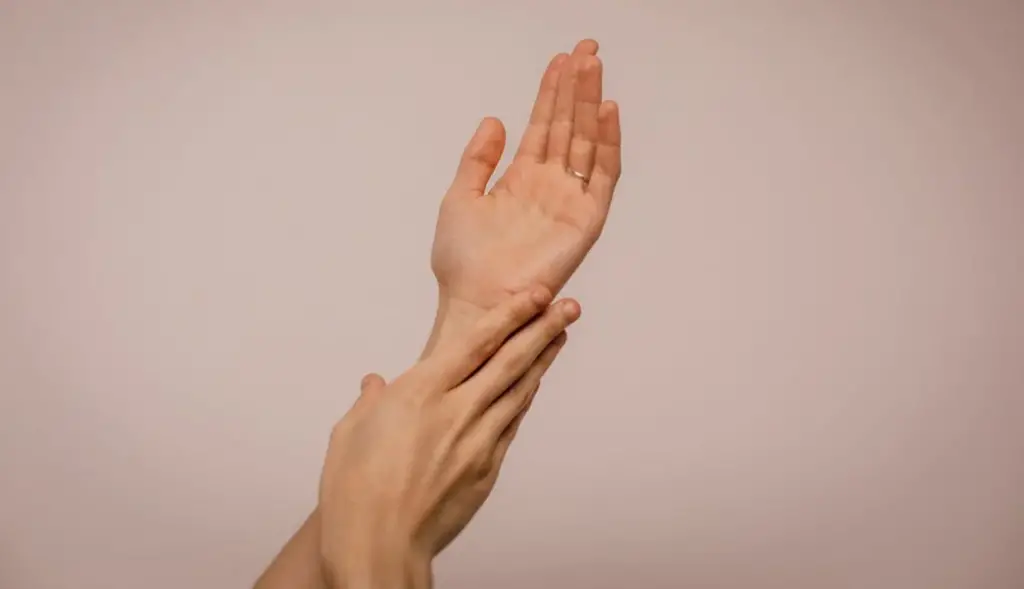
If your right palm itched, it meant you were about to receive money. If it was the left, it meant you’d be paying out. Kids loved testing the theory, rubbing their hands and waiting for a surprise dime or dollar.
Grandparents swore by it, passing down the belief like a family secret. Even if the payoff never came, the superstition brought a little spark of hope. It turned something as ordinary as an itch into a sign from the universe.
10. Hanging a Horseshoe Over the Door
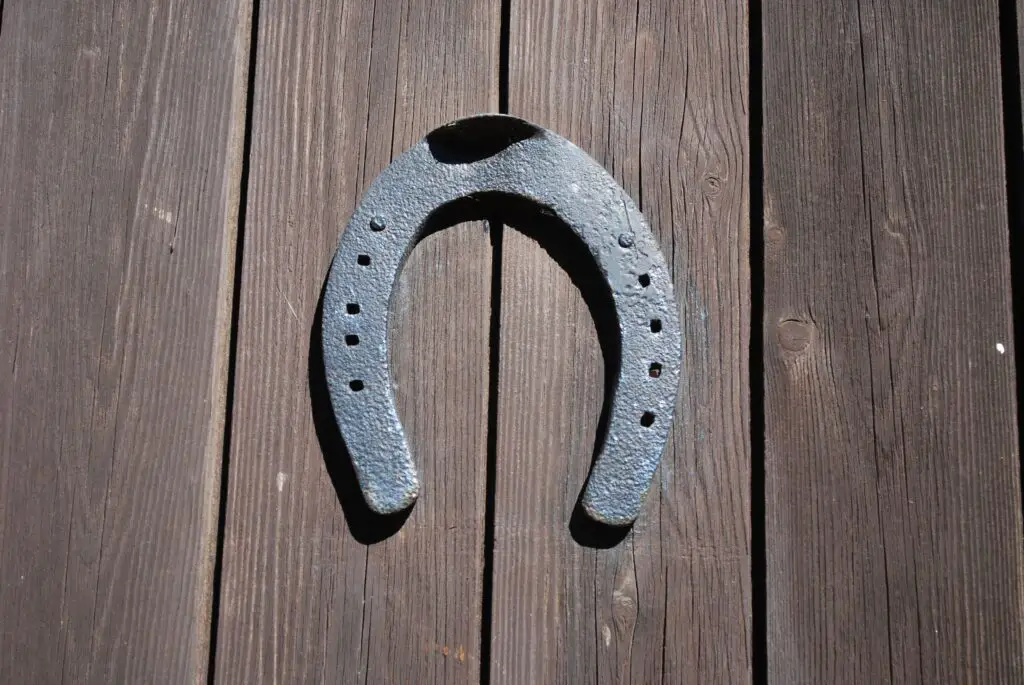
A horseshoe above the door was thought to protect the home and bring good luck. Some families insisted the open end should point up, to “hold” the luck. Others hung it down, so the luck would pour out onto everyone entering.
It was one of those talismans you noticed in many old homes, quietly holding its place. People might not have owned a horse, but they still valued the symbol. It made the front door feel like a barrier against bad fortune.
11. Cutting Nails at Night
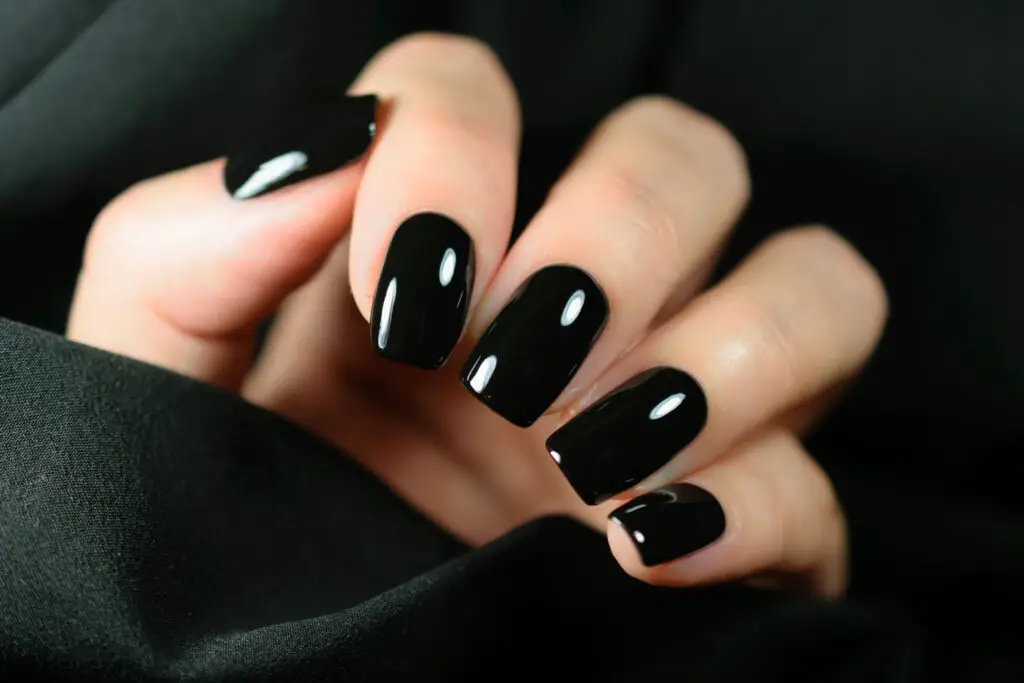
In some families, trimming nails after dark was seen as bad luck or even a cause for shortened life. Parents would gently scold children for pulling out the clippers in the evening. It was one of those rules that seemed arbitrary, but it stuck.
The belief likely came from days when poor lighting made it dangerous. But wrapped in superstition, it carried more weight than just safety. Families obeyed it without asking too many questions.
12. Saying “Bless You” After a Sneeze

This little ritual went beyond manners—it was once thought to protect someone’s soul. Families taught kids to say it without hesitation, almost like a reflex. To sneeze without a “bless you” felt unfinished, even unlucky.
The practice may have come from old fears about illness or spirits, but by our time it was simply a kind gesture. Still, its roots made it more than just politeness. It was superstition dressed up as courtesy.
